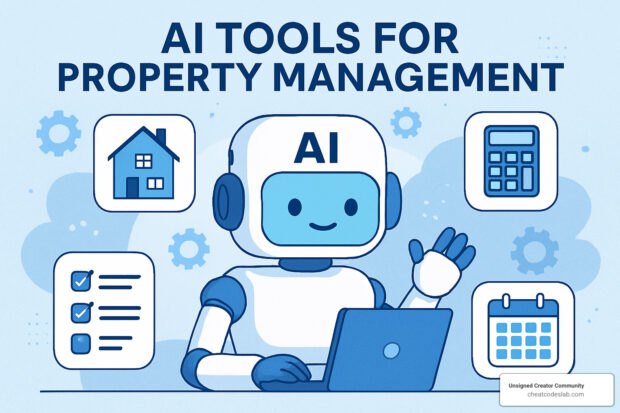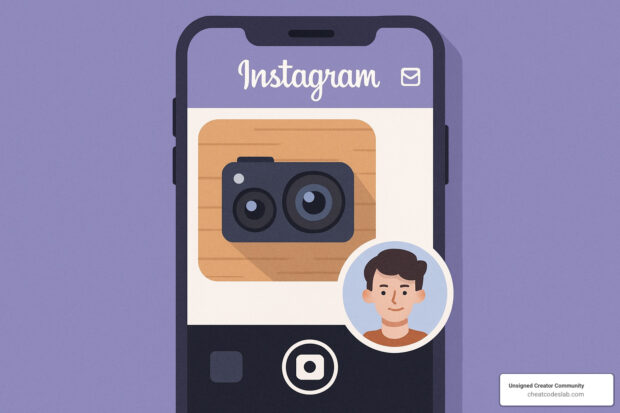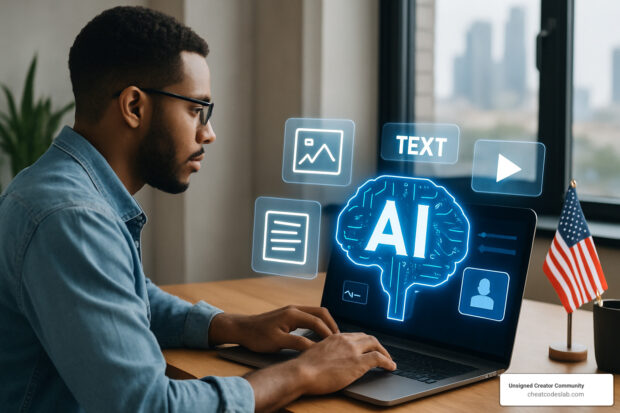
AI in content marketing: 7 Powerful Trends for 2025 Success
Why AI in Content Marketing is Revolutionizing How Brands Create Content
AI in content marketing is changing how brands create, optimize, and distribute content at scale. Here’s what you need to know:
Key Applications:
• Content Generation – AI creates blog posts, social media updates, and email campaigns in minutes
• SEO Optimization – Automated keyword research, content optimization, and performance tracking
• Personalization – Dynamic content custom to individual user preferences and behaviors
• Analytics & Insights – Real-time performance analysis and predictive content recommendations
Benefits:
• 75% faster content creation compared to traditional methods
• 58% of marketers report increased content performance with AI
• $463 billion in potential annual savings through AI automation
• 10x productivity boost for content teams
The statistics are staggering: 71% of social marketers have already integrated AI tools into their workflows, with 82% reporting positive outcomes. What once took 8 hours to create can now be produced in just 2-3 hours using AI assistance.
But this isn’t just about speed. AI is fundamentally changing how we approach content strategy – from predicting trending topics to automatically repurposing a single piece of content across multiple channels. The technology has moved beyond simple automation to become a creative partner that improves human capabilities.
As someone who has spent over 20 years building brands and innovating content distribution strategies, I’m digitaljeff, and I’ve witnessed how AI in content marketing has evolved from experimental tools to essential business infrastructure. Having generated over 1 billion views across social platforms in the last 12 months, I’ve seen how strategic AI implementation can dramatically amplify content reach and engagement.

Find more about AI in content marketing:
– AI-based marketing solutions
– AI SEO software
– how to use ai for digital marketing
AI in Content Marketing: Benefits, Workflows, and Tools
The world of AI in content marketing has evolved from a nice-to-have experiment into the backbone of modern digital marketing. We’ve gone from manually crafting every single piece of content to having intelligent systems that can generate, optimize, and distribute content faster than we ever imagined possible.

| Aspect | Human-Only Creation | AI-Assisted Creation |
|---|---|---|
| Blog Post (1,500 words) | 6-8 hours | 2-3 hours |
| Social Media Campaign (10 posts) | 4-5 hours | 45 minutes |
| Email Newsletter | 3-4 hours | 1 hour |
| Video Script (5 minutes) | 2-3 hours | 30 minutes |
The numbers tell a compelling story. When you look at how AI in content marketing transforms productivity, it’s not just about working faster—it’s about working smarter. Teams that accept these tools report creating content that performs better while spending significantly less time on repetitive tasks.
What is AI in Content Marketing and How Does It Work?
AI in content marketing combines machine learning, natural language processing (NLP), large language models (LLMs), and predictive analytics to transform how we create and distribute content.
Machine learning algorithms analyze massive datasets of successful content, identifying patterns that human eyes might miss. Natural language processing gives AI systems the ability to understand context and nuance in human language, enabling sophisticated content personalization and better SEO optimization.
Large language models are the powerhouse behind modern AI content tools. These systems have been trained on enormous amounts of text data, allowing them to generate human-like text that adapts to different styles, tones, and purposes.
Predictive analytics helps marketers understand what content will likely perform well before it’s even created, meaning less guesswork and more strategic content planning.
Research shows that 51% of marketers are already using AI for content creation, with 80% planning to increase their usage in the coming months.
Generative AI: Revolutionizing Ideation, Text, Images & Video
Generative AI has completely changed the creative content game. Instead of staring at a blank page, marketers now have intelligent creative partners that can spark ideas, generate drafts, and create visuals from simple descriptions.
Text generation has evolved far beyond robotic-sounding content. Modern LLMs can write blog posts that capture your brand voice, craft authentic social media captions, and generate email campaigns that actually convert.
Image creation through diffusion models has democratized visual content. Need a custom illustration? Describe it and watch AI create exactly what you envisioned. Want product mockups? Generate them instantly instead of waiting days.
Video content creation is where things get exciting. AI tools can write video scripts, create animated sequences, and produce entire presentations from simple text prompts, addressing the traditional time and cost barriers of video production.
About 33% of marketers use AI for idea generation and inspiration, while 75% report creating more content than they could produce manually.
For marketers ready to explore these capabilities, our guide on AI-Driven Content Creation provides detailed implementation strategies.
Top AI Tools Marketers Trust for Scalability
The AI content marketing landscape offers impressive tools, each designed to solve specific content team challenges.
Automation platforms form the foundation of successful AI content operations, handling everything from initial planning through final distribution and performance tracking. They’re particularly valuable for teams managing content across multiple channels.
Prompt engineering capabilities have become crucial for getting the best results. The most effective platforms provide templates and guidance for crafting prompts that consistently produce high-quality, brand-aligned content.
Workflow integration is where the rubber meets the road. The best AI tools seamlessly connect with existing content management systems, social media schedulers, and analytics platforms.
What’s impressive is how these tools handle content repurposing. A single blog post can automatically become social media posts, email content, video scripts, and infographic text, maximizing ROI for high-quality content pieces.
The Sprout Social team saved 72 hours per quarter on content performance reporting by integrating AI tools into their analytics workflow.
For comprehensive analysis of effective platforms, check out our Content Marketing AI Tools guide.
The key insight is that AI works best when it augments human creativity rather than replacing it. The most effective teams use AI for repetitive tasks and initial drafts, then apply human expertise for strategy and quality control.
For building comprehensive AI strategies, All-in on AI: How Smart Companies Win Big offers practical frameworks for implementing AI across entire marketing operations.
Best Practices, Challenges, and the Road Ahead
As AI in content marketing becomes more sophisticated, we’re learning what actually works. The teams getting the best results aren’t trying to replace human creativity—they’re using AI to amplify it.

The smartest approach involves treating AI as your research assistant and first-draft writer, while keeping humans in charge of strategy, personality, and final polish. This human-in-the-loop approach delivers better results than either pure AI or traditional methods alone.
Integrating AI into Your Workflow Without Losing Brand Voice
The fear that AI will make your content sound robotic is real—and completely avoidable with the right approach.
Start with clear style guides that your AI tools can follow. Upload your brand guidelines, tone examples, and approved terminology directly into your AI platforms. This prevents the “Plain Jane Effect” where AI-generated content feels generic.
The most successful teams use a collaborative workflow approach. AI handles research, keyword analysis, and first drafts. Humans focus on injecting personality, verifying facts, and ensuring emotional connection with readers.
Quality control becomes crucial when scaling with AI. Set up checkpoints for factual accuracy, brand voice alignment, and legal compliance. Research shows that 79% of marketers see improved content quality with AI—but only with proper oversight.
Think of AI as your digital writing partner rather than a replacement. It can research trends, generate ideas, and create initial drafts faster than ever. But your human insight, creativity, and audience understanding remain the magic ingredients.
Some writers have scaled from 3-4 articles per month to 10 articles using this approach—while actually improving quality metrics.
For step-by-step implementation strategies, check out our guide on Automated Content Creation.
Ethical & Legal Considerations Marketers Must Know
The rapid growth of AI in content marketing has created gray areas that smart marketers need to steer carefully.
Bias in AI-generated content is a real concern. AI models can accidentally perpetuate biases from training data. The solution involves using diverse datasets, regular bias audits, and maintaining human oversight for sensitive topics.
Data privacy has become more complex with AI tools. Ensure your chosen platforms comply with GDPR, CCPA, and similar regulations. Customer data used for personalization must be handled securely and transparently.
Intellectual property questions arise with AI-generated content. While AI doesn’t technically copy existing work, it can produce similar content. Regular plagiarism checks should be standard.
Transparency about AI use varies by platform and region, but the trend is toward more disclosure. Some brands proactively label AI-assisted content, while others focus on ensuring quality regardless of creation method.
Authenticity remains king in building trust-based relationships. While 32% of social media marketers worry about being replaced by AI, the real risk is losing the human empathy that drives genuine engagement.
The Scientific research on AI fairness641530_EN.pdf) provides comprehensive frameworks for ethical AI implementation.
The Future Outlook for AI in Content Marketing
The next wave of AI in content marketing will be more sophisticated and autonomous, but will still need human creativity and strategic thinking.
AI agents are emerging that can manage entire content campaigns independently—from research through creation, distribution, and performance reporting. Early tests show promising results, though human oversight remains essential.
Multimodal content creation will become standard as AI systems get better at understanding and generating text, images, audio, and video simultaneously. This means more sophisticated personalization and better cross-platform optimization.
Predictive analytics will evolve beyond current performance tracking to provide real-time strategy recommendations, emerging trend identification, and audience behavior prediction.
ROI measurement will become more accurate as AI systems better understand complex customer journeys and can attribute content impact across multiple touchpoints.
The organizations that will thrive are those investing in both AI capabilities and human talent development. The future isn’t about replacing creativity with automation—it’s about augmenting human capabilities to achieve previously impossible scales of personalized, high-quality content.
At CheatCodesLab, we’re committed to staying ahead of these developments. Our AI-Driven Content Strategy resources provide the latest insights and practical guides for leveraging these emerging capabilities effectively.
The future of content marketing is AI-powered but human-centered. The brands that remember this balance will build the strongest connections with their audiences.
For the latest updates and comprehensive resources, visit our AI category page where we continuously update our research based on the rapidly evolving AI landscape.
The question isn’t whether AI will change content marketing—it’s how quickly you’ll adapt to leverage its full potential while maintaining the authentic human connections that drive real business results.














